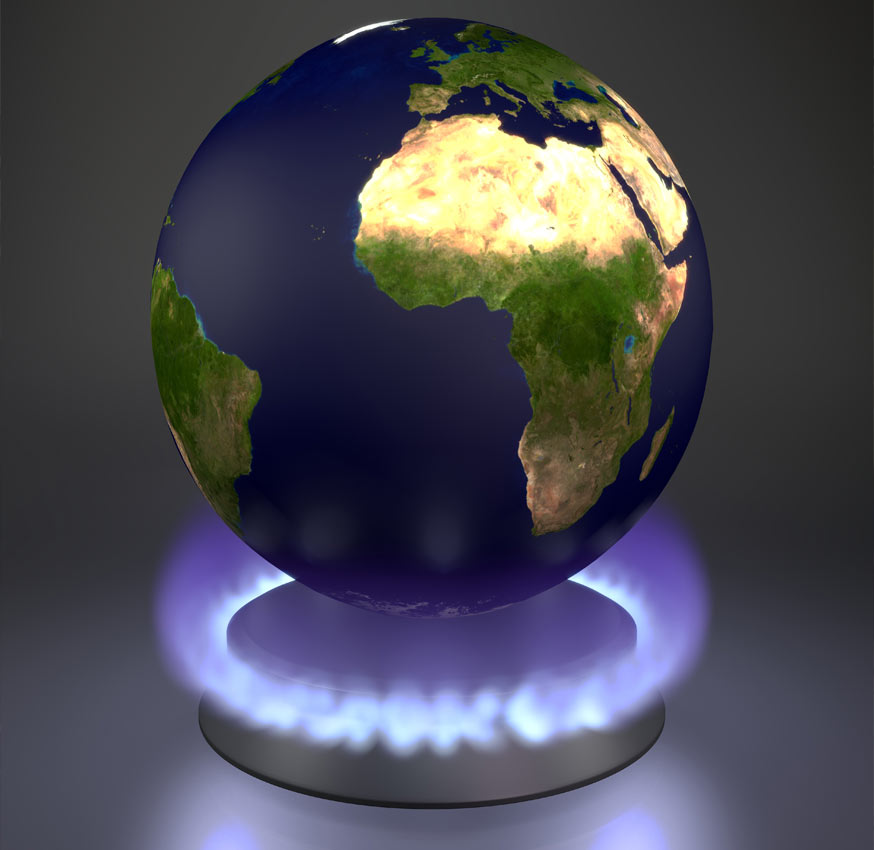Nudged into action by the 2015 Paris Accord on Climate Change, many countries (though not all) have begun to work on preparing initial plans to achieve carbon neutrality to limit global warming. While India was late to get off the block, it has sought to demonstrate its seriousness in reversing global warming by making public its roadmap for achieving carbon neutrality.
In November 2022, six years after the Paris agreement, India became the 57th country out of the 198 who signed the United Nations Framework Convention on Climate Change (UNFCCC) to submit its ‘Long-Term Low Carbon Development Strategy (LTLCDS)’ — a 121-page document — at the COP27 summit held at Sharm-El-Sheikh, Egypt. Nepal is the only other South Asian country to have submit-ted a report. This was in accordance with the 2015 Paris Accord on Climate Change that called on all parties to “strive to formulate” and communicate long-term low greenhouse gas emission strategies. India is committed to achieving net zero carbon emission by 2070.
But, consistent with its long-standing stance on climate change, the Indian government was again at pains to point out that historically the developing countries were not responsible for emission of greenhouse gases (GHGs) and should not, therefore, be forced to bear a dis-proportionate burden of financing measures to cut down emissions. This, in its view, would be tantamount to jeopardising the development successes of the past couple of decades. Environment, Forests and Climate Change (EFCC) Minister Bhupender Yadav therefore reiterated at Sharm-El-Sheikh in November last year that India’s contribution to the one-degree rise in world temperature since the industrial revolution (1850) was minimal.


























